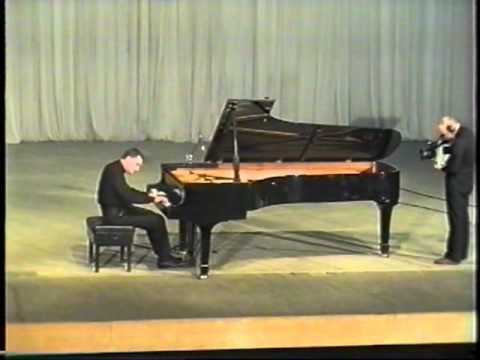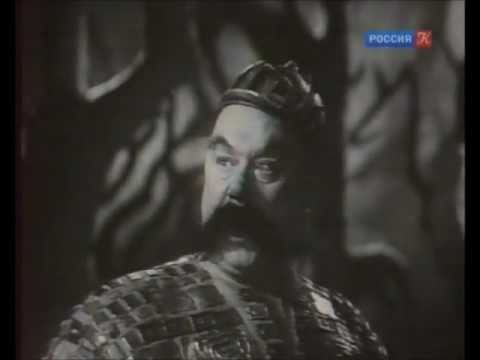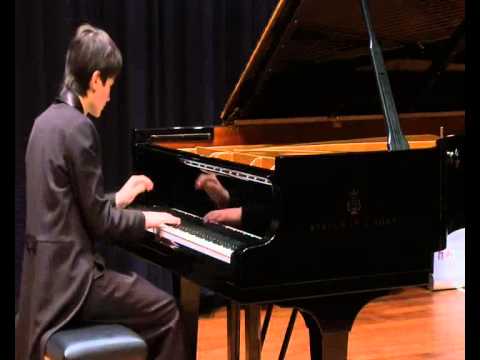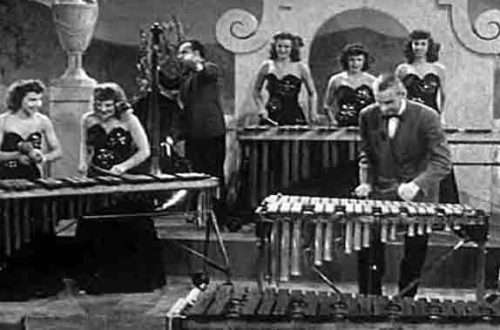Humor in classical music
Music is a universal art; it is capable of reflecting all phenomena existing in the world, including the difficult-to-define phenomenon of humor. Humor in music can be associated with a comic text – in opera, operetta, romance, but any instrumental composition can be filled with it.
Little tricks of great composers
There are many techniques of musical expression to create a humorous effect:
- false notes deliberately introduced into the musical fabric;
- unjustified pausing;
- inappropriate increase or decrease in sonority;
- inclusion into the musical fabric of sharply contrasting material that is incompatible with the main material;
- imitation of easily recognizable sounds;
- sound effects and much more.
In addition, musical works that have a cheerful and cheerful, mischievous or playful character can easily be included in the category of humorous, given that the concept of “humor” in the broad sense is everything that causes a cheerful mood. This is, for example, “A Little Night Serenade” by W. Mozart.
W. Mozart “Little Night Serenade”
All genres are subject to humor
Humor in music has many faces. Harmless joke, irony, grotesque, sarcasm turn out to be subject to the composer’s pen. There is a rich genre variety of musical works related to humor: etc. Almost every classical symphony and sonata written since the time of L. Beethoven has a “scherzo” (usually the third movement). Most often it is full of energy and movement, good humor and can put the listener in a good mood.
There are known examples of scherzo as an independent piece. Humor in music is presented very vividly in M. P. Mussorgsky’s scherzino. The play is called “Ballet of the Unhatched Chicks.” In the music, one can hear an imitation of bird chirping, the fluttering of small wings, and clumsy jumping is depicted. An additional comic effect is created by the smooth, clearly designed melody of the dance (the middle part is a trio), which sounds against the background of trills shimmering in the upper register.
M.P. Mussorgsky. Ballet of the Unhatched Chicks
from the series “Pictures at an Exhibition”


Watch this video on YouTube
Humor is quite common in the classical music of Russian composers. It is enough to mention the genre of comic opera, known in Russian music since the 18th century. For comedy heroes in opera classics, there are characteristic techniques of musical expressiveness:
- recitative secco (“dry”);
- comic patter;
- deliberate simplicity of melodic pattern;
- multiple repetitions of melodic and harmonic phrases.
All these features are contained in Farlaf’s magnificent Rondo, written for buffoon bass (M.I. Glinka’s opera “Ruslan and Lyudmila”).
M.I. Glinka. Rondo Farlafa from the opera “Ruslan and Lyudmila”


Watch this video on YouTube
Timeless humor
Humor in classical music does not become scarce, and today it sounds especially fresh, framed in new musical expressive means found by modern composers. R.K. Shchedrin wrote the play “Humoresque,” built on a dialogue of cautious, sneaking intonations, “plotting” some kind of mischief, with strict and tough ones. In the end, the persistent antics and ridicule disappear under the sounds of a sharp, “out of patience” final chord.
R.K. Shchedrin Humoreska


Watch this video on YouTube
Wit, cheerfulness, optimism, irony, expressiveness are characteristic of both nature and music of S.S. Prokofiev. His comic opera “The Love for Three Oranges” seems to concentrate all existing types of humor from harmless jokes to irony, grotesque and sarcasm.
Fragments from the opera “The Love for Three Oranges”
Nothing can make the sad prince happy until he finds three oranges. This requires courage and will from the hero. After numerous funny adventures that happened with the Prince, the matured hero finds Princess Ninetta in one of the oranges and saves her from evil spells. A triumphant, jubilant finale concludes the opera.




